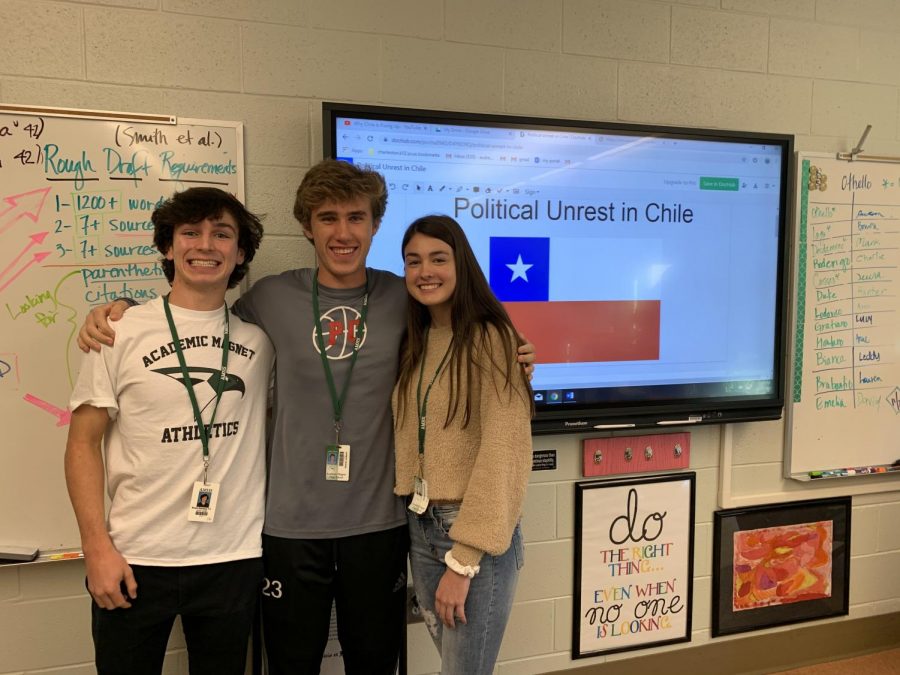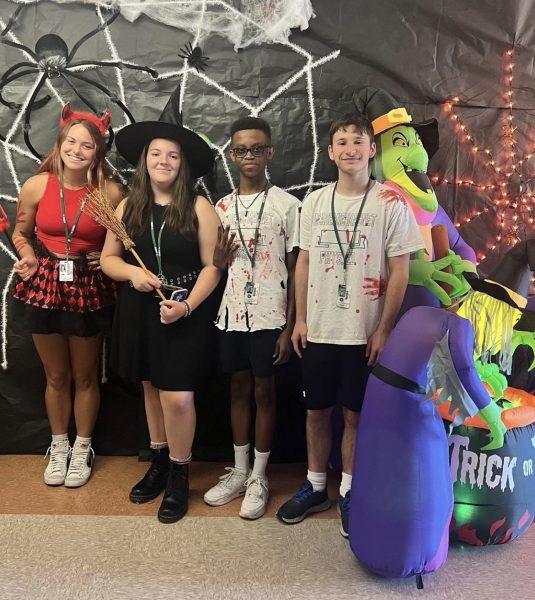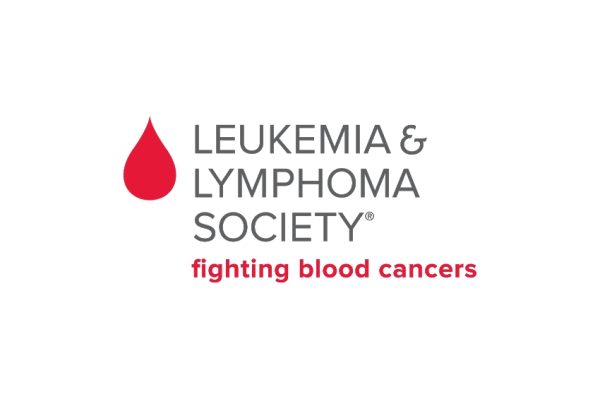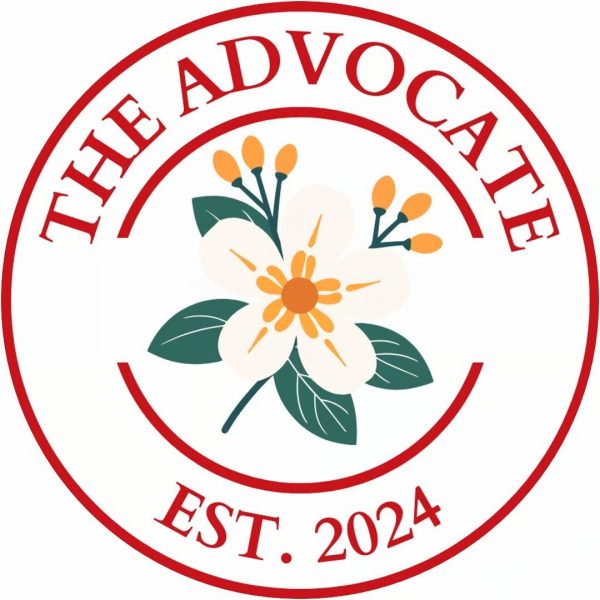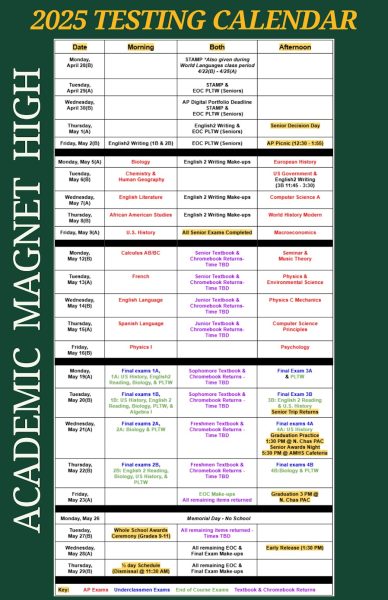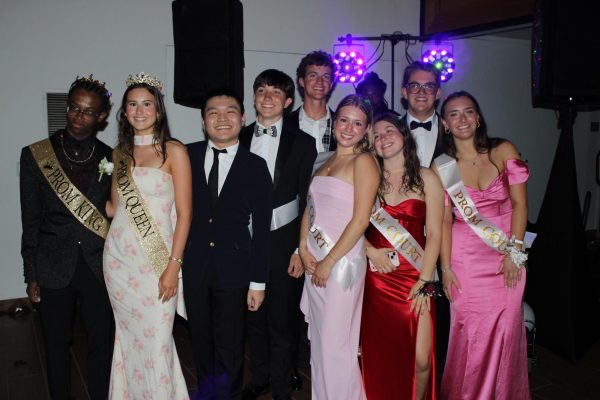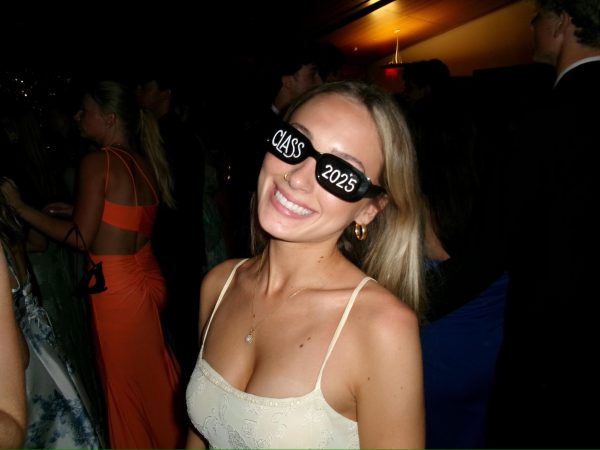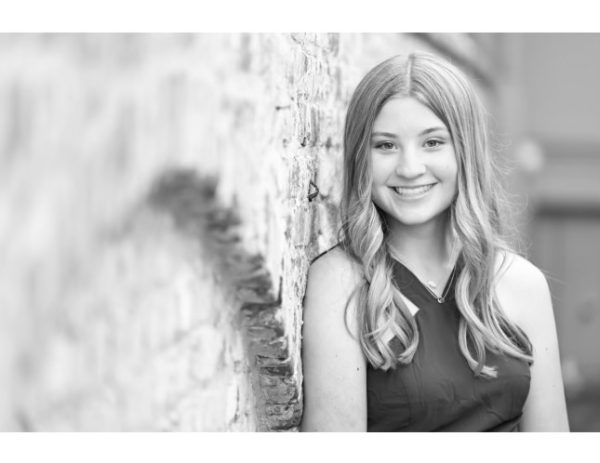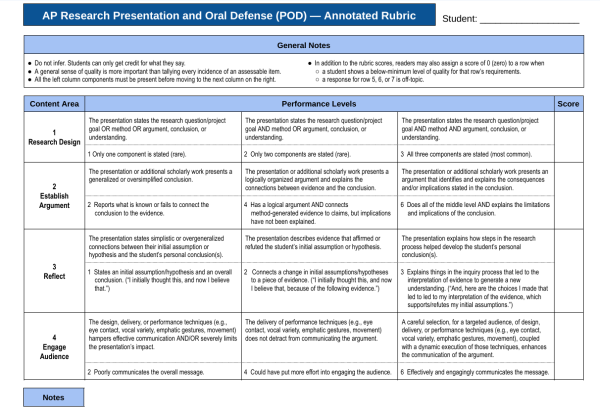A New Platform to Discuss International Politics
The AMHS International Politics Club provides a fresh style of engagement with meetings every other week.
As a great new addition to the AMHS club roster, the International Politics Club has emerged as an open forum for conversation, debate, and information regarding foreign affairs. Meeting every other Thursday in Coach Rush’s room, the club offers insight into some of the world’s leading controversies. I had a chance to sit down with co-presidents Evan Daniels, Mills Jordan, and MK Kerrigan to discuss the format and goals behind the AMHS IPC. What I found was not only a driven group of individuals, but also a new platform for students to get informed about news and issues on the world stage.
*Note that Evan showed up late as a result of a precal test make-up
How did you get the idea for this club?
Mills: I did a summer camp at Georgetown about international relations, and I met with a lot of smart people who are in the field such as ambassadors, people working in the state department, and professors, and it really piqued my interest. Also, the kids that I went to the camp with were incredibly intelligent and knowledgeable within the field of international relations, and I just really realized how important it was as well as how behind I was on my knowledge. I wanted to make sure that I didn’t take the opportunity for granted, so I thought about how I could take what I had learned and the interest I had gained apply to home. By doing this, I’ve been more informed about international relations than I’ve ever been, and I’ve been able to share that passion with other people.
MK: I felt like I was informed about US relations, but I didn’t really know what was going on outside the US and in the rest of the world, so Mills came back from his camp and started texting me about all this stuff, and I realized how little I actually knew about all of it. The club gives me an opportunity to research and find out things I didn’t know before.
Talk to me about the style of your club. What do you do during your meetings?
MK: We start with an intro that involves the historical or political background of the topic, and then we talk about how things are now, and then we open it up to discussion to let everyone voice their own opinions.
How do you choose the topic?
Mills: We have done polls and forums to find out what the students are interested in, and other times we have looked online and tried to see the big topics at the time. Usually it’s pretty easy to find a topic or issue around the world that’s affecting a lot of people.
How do you split responsibility between presidents? What roles do you each assume?
Mills: For the most part, I lead because I had the idea for the club, and Evan and MK do a great job stepping up. We make all of our decisions as a whole and ask each other for advice. Usually we’ll just end up with a topic. I usually kind of take the lead when making the presentation, and Evan and MK always contribute a lot as well. Some days MK will do the historical background, Evan does the economics, and I’ll do the current state of affairs. It just depends on the week, but it’s pretty balanced.
Do you tend to use the same sources for your research?
MK: I honestly use Google Search a lot.
Mills: The New York Times is my favorite newspaper that I read just because they have correspondents in every country who are experts in that specific country, and I also like to listen to podcasts.
MK: Yeah, The Daily is a good one.
Mills: I have a few favorites. The British Broadcasting Company makes a good one, and Foreign Policy Magazine makes a good one too.
How would you say you differ from other clubs?
MK: For US news, you’re gonna get a very biased view if you go to some clubs like Young Dems or Young Republicans, but we do a good job of keeping things pretty unbiased, and we have a lot of different opinions coming in.
Mills: I think we are one of the most organized clubs. We have done a pretty good job of talking to our club members. Evan had a pretty good idea-
[Enter Evan]
Evan: Yeah, so one meeting we told members to have an idea ready to discuss, and everyone went around and talked about something they had seen in the news but wanted to know more about. Then we took their ideas and centered the next meeting around the Chilean protests which some of the members wanted to learn about.
Mills: I think we are a rare club because we balance education and discussion. We make an effort to limit our powerpoints to ten minutes because we don’t want to drag on teaching the whole time, but we also don’t want a discussion based on no knowledge. If people understand more about a topic, it leads to richer discussions.
MK: And I feel like people can contribute more if they know more about a subject.
Evan: We’ve worked hard to make sure people know they can share their opinions because at the beginning of the year, conversations were dominated by a couple of people, but it’s improved so much. People have gotten more comfortable with it, and we have as well.
Do you ever have to mitigate arguments between members who might have opposing views?
Evan: There have been a couple of times where people have said things that are clearly not what the majority thinks, and usually one of us hops in to say something to counter it in a polite way because we don’t want to put down anyone’s views, but we are always aware that there are two sides.
Mills: We also acknowledge the validity of each opinion. MK, Evan, and I make discussion questions in advance, and we purposefully try to leave them open-ended.
What are your goals for the future?
Evan: As of right now, I like the way it runs.
[general approval from Mills and MK]
Mills: I also want to work with Ms. Spencer to get a panel of professors from the College of Charleston or The Citadel for a discussion in the lecture hall. We could have question and answer sessions with a few speakers. People could learn a lot by visiting that.
What’s the best way to get informed about club topics before your meetings?
Evan: You can reach out to one of us. We always know the topic at least a few days beforehand, and we’ll have articles that we’ve been reading through. We can share that stuff with whoever needs it.
Thank you for sitting down with me. This is a great platform for students to be able to speak, learn, and become more global.
[all]: Thank you



